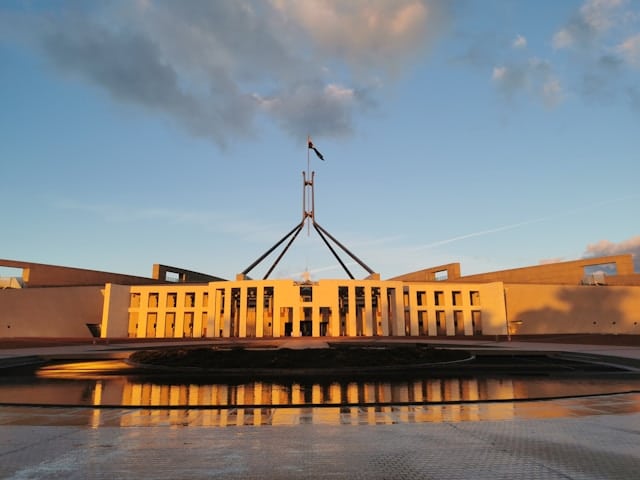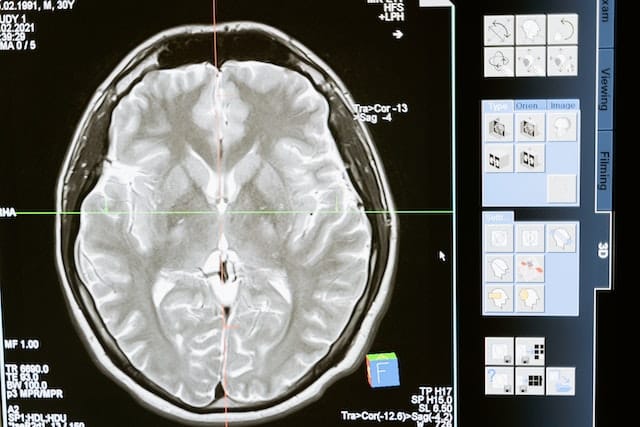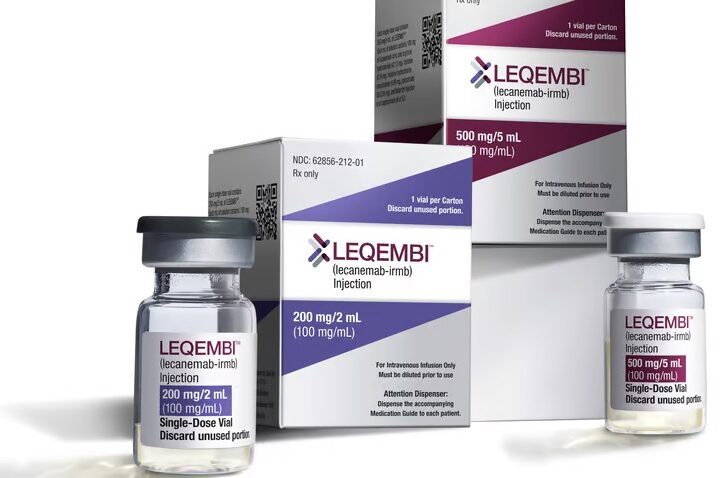After being rejected by EU regulators but approved in the U.S., UK, and several Middle Eastern countries, Alzheimer’s drug Kisunla added a new market: Australia.
Eli Lilly’s Alzheimer’s drug Kisunla (generic name donanemab) was approved in July 2024, becoming the second fully FDA-approved disease-modifying treatment for early-stage Alzheimer’s in the United States. It followed in the footsteps of a similar monoclonal antibody drug, Leqembi. Both of these infusion-based drugs are designed to break down toxic forms of beta-amyloid in the brains of people with early-stage Alzheimer’s disease.
Kisunla has also been approved by regulators in Bahrain, Brazil, China, Japan, Kuwait, Mexico, Qatar, Singapore, Taiwan, the UK, and the United Arab Emirates. But in the UK, regulators got specific: The drug is only green-lit for people who have one or no copies of the “Alzheimer’s gene,” ApoE4. People carrying this genetic risk factor for Alzheimer’s are at a higher risk of developing “mab” drug side effect ARIA — brain swelling and small brain bleeds, which are often asymptomatic but in rare cases are fatal.
Similar to Leqembi, Kisunla remains controversial among some clinicians who don’t think the risks (namely, the risk of ARIA) outweigh the drug’s small cognitive benefits. This camp has questioned whether these drugs are really making a clinically meaningful difference for patients in slowing cognitive decline.
Alzheimer’s Anti-Amyloids Haven’t Wowed—What If They Were Administered Years Earlier?
It was due to these concerns that European regulators recently rejected the company’s application to bring the drug to market, though Lilly plans to appeal the decision.
However, Australia’s regulatory body is looking more optimistic. Australian regulators previously rejected Leqembi, but they have decided to approve Kisunla. As in the UK, they’ve green-lit the drug only for people with one or no copies of the ApoE4 gene.
Their decision is based on data from Kisunla’s Phase 3 trial and a second trial called TRAILBLAZER-6, which found that lower doses of the drug provide the same benefit with a lower risk of ARIA. Australian patients will receive the drug in the lower doses from the TRAILBLAZER-6 study.
Dementia Australia CEO Professor Tanya Buchanan called the drug’s approval exciting but cautioned that patients need to be aware of the risks and limitations of the medication.
“We also need to ensure people understand that donanemab is not a cure and is only suitable for people in the early stages of Alzheimer’s disease with a defined genetic profile – which is why it is so important for people to receive a timely diagnosis,” Buchanan said.



